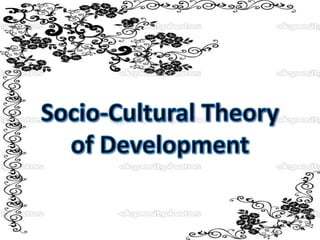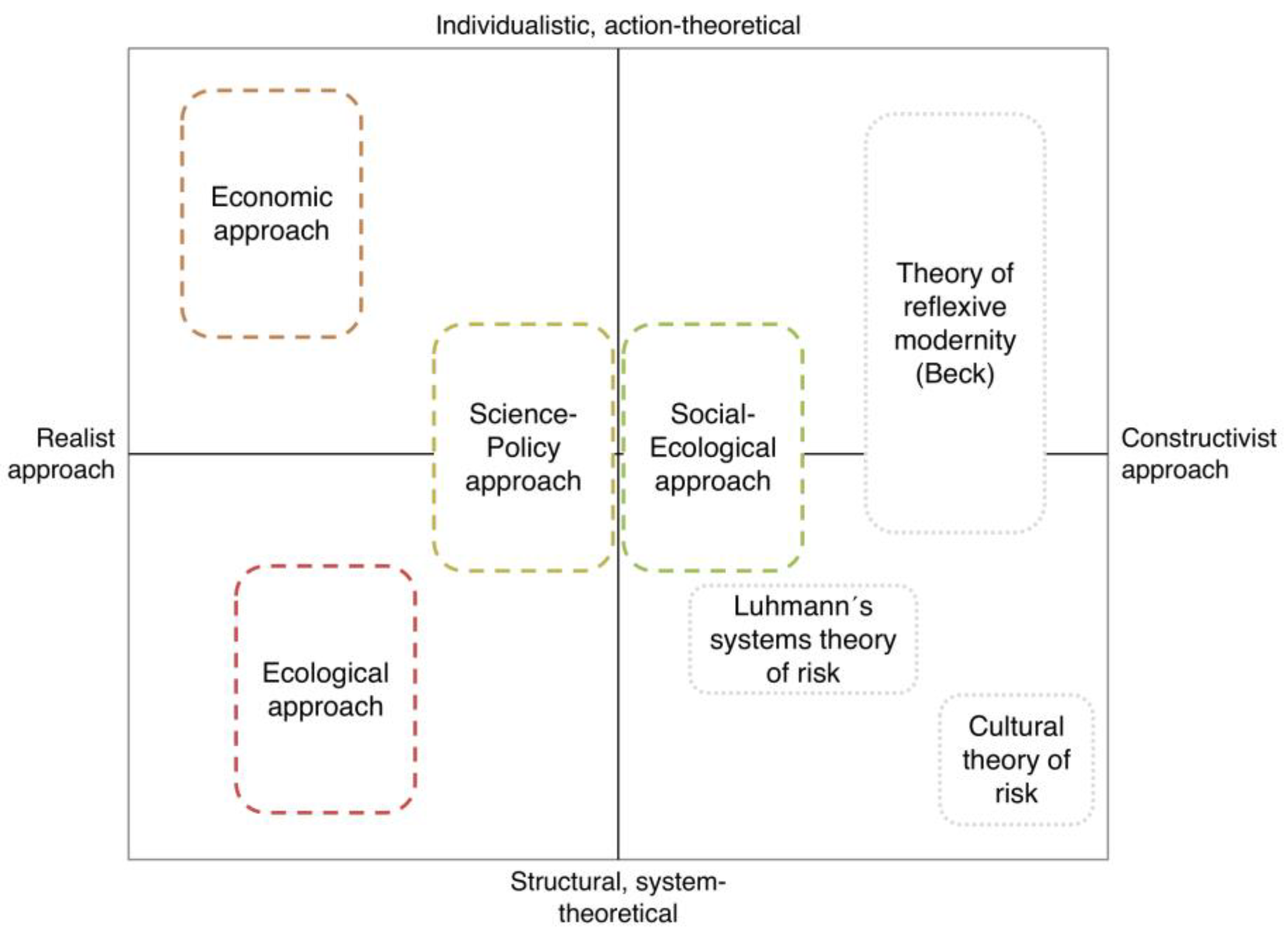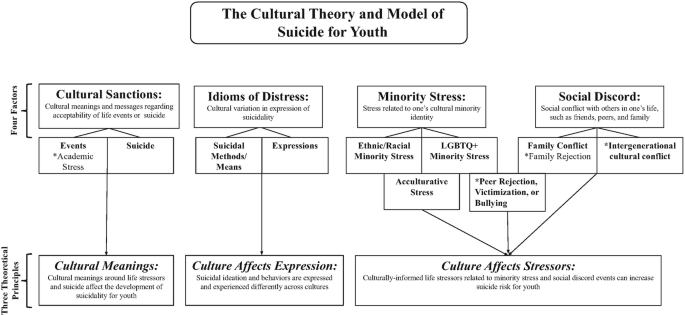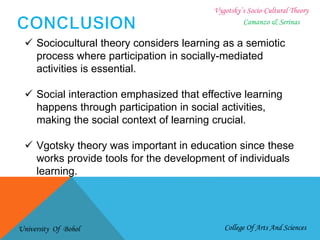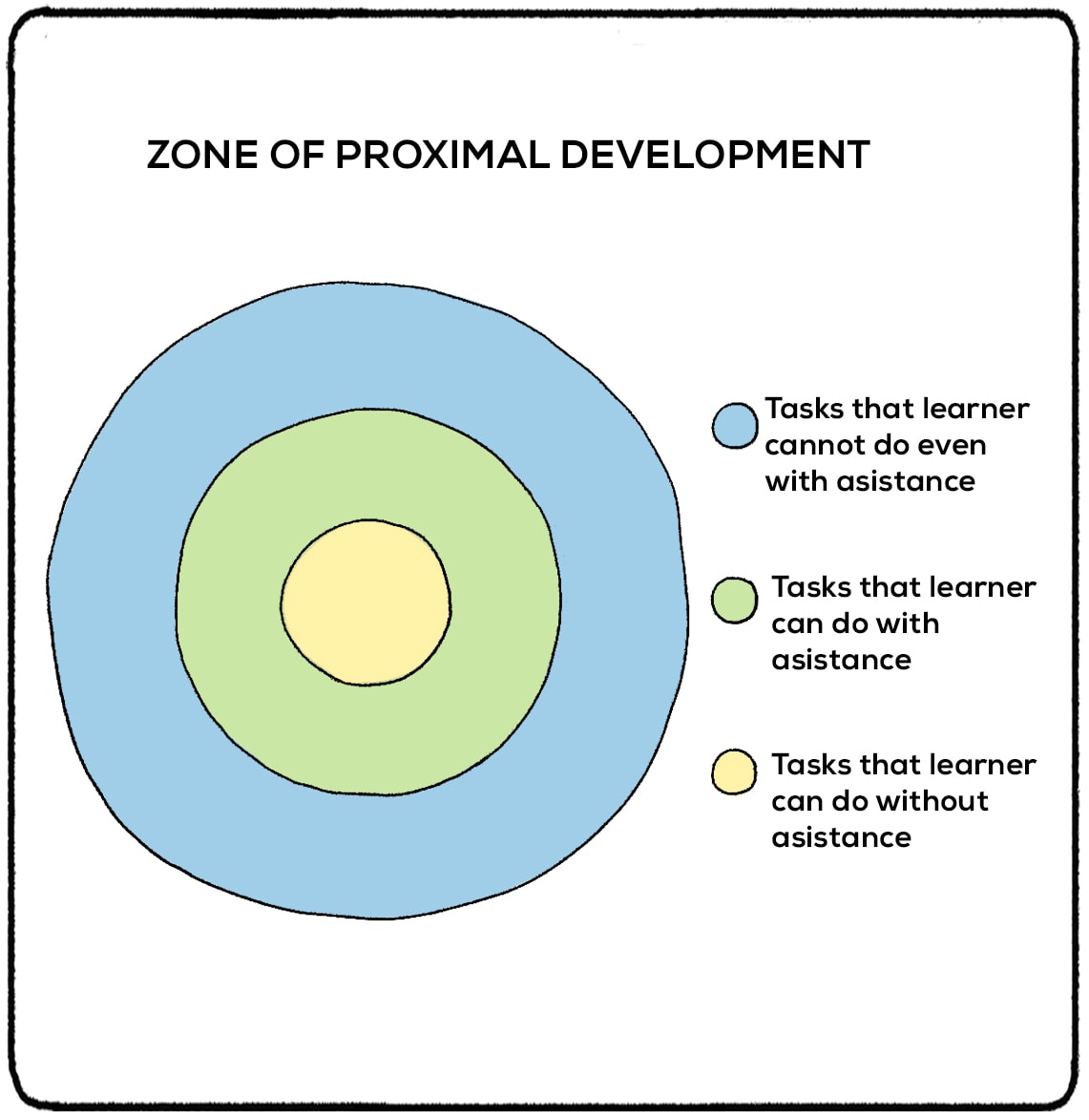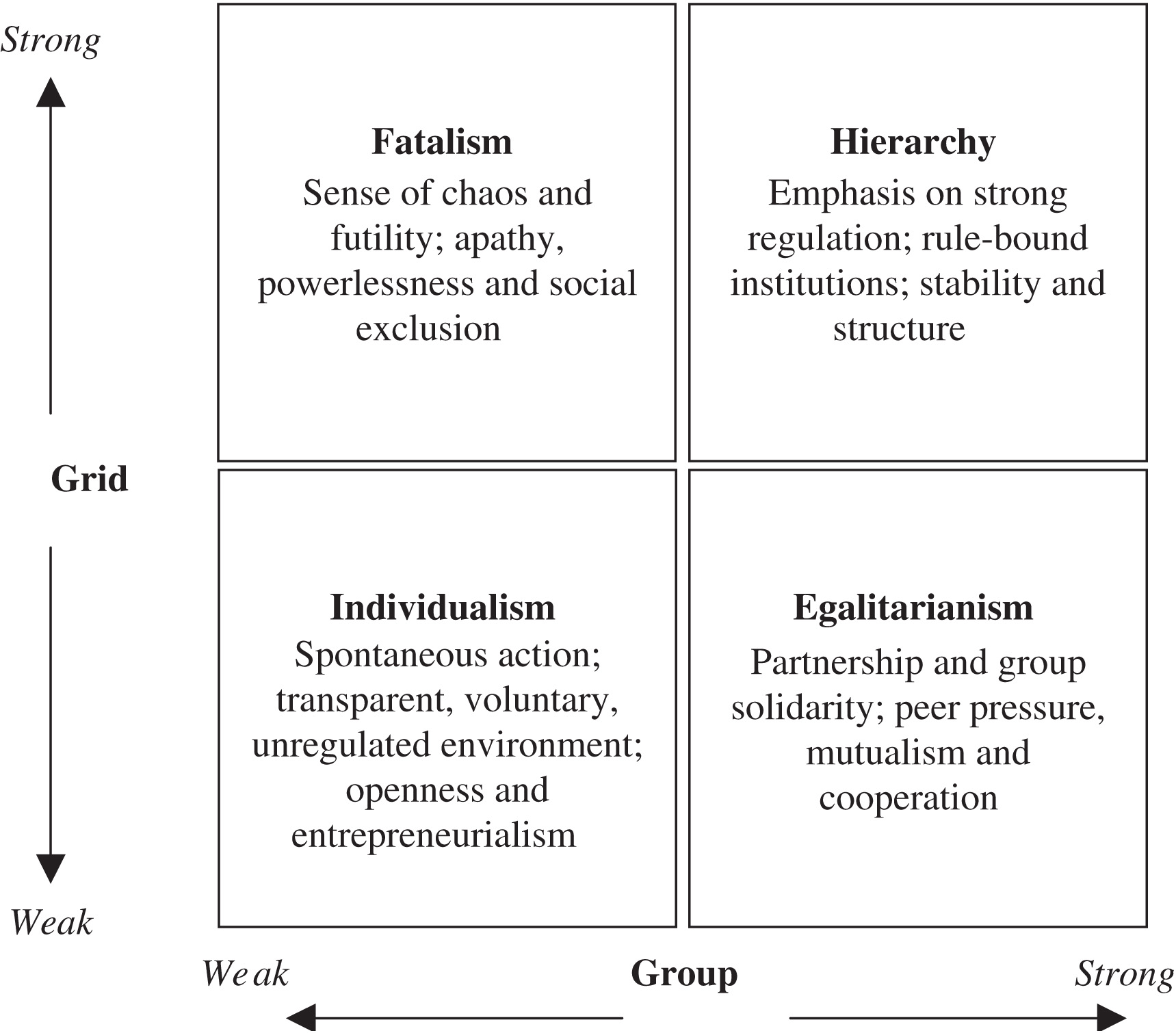Social and cultural theory is a field of study that aims to understand the ways in which societies and cultures operate and how they shape human behavior. This includes examining the social, economic, political, and cultural forces that influence the way people think, act, and interact with one another.
One key aspect of social and cultural theory is the concept of power. Power refers to the ability of an individual or group to influence or control others, and it is a fundamental aspect of social and cultural dynamics. Power can be exercised in many different ways, such as through the use of force, coercion, or manipulation. It can also be exercised through more subtle means, such as through the use of language, media, or ideology.
Another important aspect of social and cultural theory is the concept of identity. Identity refers to the way that individuals see themselves and are seen by others. It is shaped by a variety of factors, including race, ethnicity, gender, class, religion, and nationality. Identity is also shaped by social and cultural experiences and influences, such as family, education, and media.
Social and cultural theory also explores the ways in which societies and cultures are organized and how they change over time. This includes examining issues such as social inequality, social mobility, and social change. It also involves studying the ways in which different societies and cultures interact with one another, including through trade, migration, and globalization.
Overall, social and cultural theory is a broad and complex field that seeks to understand the many factors that shape human behavior and social and cultural phenomena. It has relevance for a wide range of fields, including sociology, anthropology, politics, economics, and psychology, and it helps to inform our understanding of the world around us.
